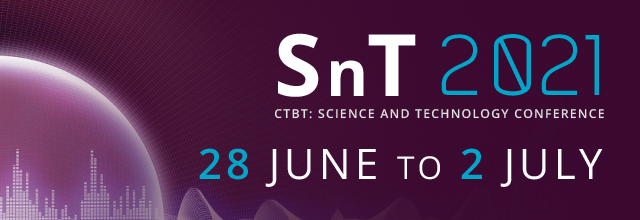Speaker
Description
MEPhI Science Diplomacy Club (SDC) aims to nurture a new generation of experts who are curious about cross-cutting issues at the interface of science and international relations, who are willing to bridge diplomatic challenges & technical solutions and who are eager to learn more about current challenges including nuclear test ban, non-proliferation and disarmament.
The SDC members participate in a wealth of outreach and education activities comprising webinars with experts, presentation contests, summer seminars for pre-university students, Science Diplomacy School, career talks etc. Due to restrictions caused by the COVID-19 pandemic, we had to fully utilize evolving pedagogic methods including distance learning and videoconferencing with a view to holding SDC events in a remote format.
We’ll use the occasion of the SnT21 to share our experience of incorporating simulations and role-plays, which are deemed to be one of the most effective participatory learning techniques, into multidisciplinary educational programs. Moreover, we’d like to share our main learnings from The 2020 NPT Review Conference Model which not only highlighted the NPT-CTBT nexus but also showcased the distinct role of the CYG in increasing the visibility of the CTBT.
Promotional text
Virtual simulations provide unique opportunities for students to delve into nuclear test ban and non-proliferation as they are one of the most effective participatory learning techniques in science diplomacy education. They represent a bumpy ride but very rewarding and impactful!

